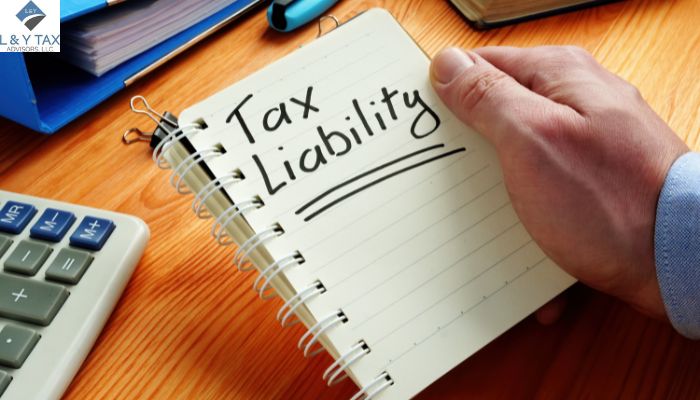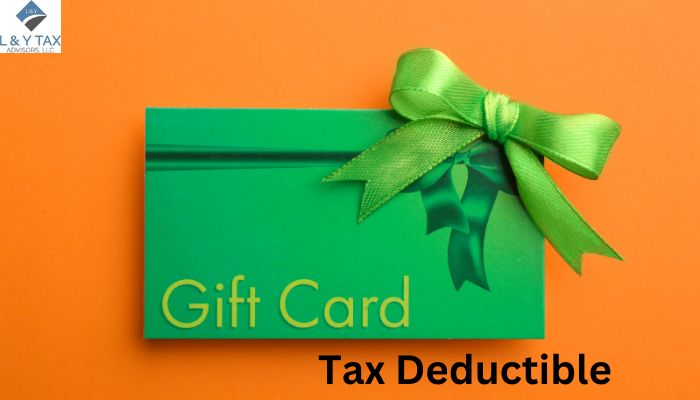
What is a Tax District?
It is crucial to comprehend what is a tax district while attempting to navigate the complexities of taxation. Comprehending tax districts and their operations is essential, whether you’re applying for a job or are just trying to get your head around personal financial planning.
Our business property tax services help you learn what is a tax district. You will also learn how they connect to zip codes and their importance for job applications.
An Insight into Tax District
A tax district is an area of land set aside by the local government for tax collection.
The borders of these districts are usually established by taking into account several variables, including:
- Geography
- Population density
- Jurisdictional limits
Tax districts provide the basis for deciding tax rates and distributing funds for local public services.
What is Tax District on Job Application?
If your employer is obligated to withhold local taxes, you may be asked questions about tax districts on your job application.
Employers frequently request your residence address or zip code for payroll purposes to identify the relevant tax district. Given the tax rates in your chosen district, this information aids in calculating the appropriate tax withholding amount from your paycheck.
If you provide accurate information about your tax district on your job application, your company will comply with local tax laws, and payroll processing will go more smoothly.
Verify the information resupplied to ensure everything is consistent in the tax withholding.
Tax District by Zip Code
Zip codes are essential in establishing tax districts. They offer a practical means of dividing up territory for taxation reasons. Each zip code may have different tax districts established for a certain geographic area. Local tax authorities employ zip code borders to create and administer tax districts efficiently.
You must speak with local tax officials or use government-provided internet tools to find your tax district by zip code. You can find your tax district by entering their zip code into one of these interactive maps or databases, which are standard tools.
In addition, using tax preparation software or hiring a tax specialist can help you determine which tax district is suitable for your residence location.
Contact us for residential property tax services.
What is a tax increment financing district?
A Tax Increment Financing (TIF) district is a public financing mechanism used by municipalities to promote economic development and revitalization in specific areas. When a TIF district is established, the current assessed value of the property within it is used as a baseline. As property values in the district rise over time due to new development or improvements, the additional tax revenue, known as the “tax increment,” is captured and used to fund public infrastructure projects like roads, utilities, and parks.
The primary advantage of a TIF district is that it uses future tax revenue to invest in the present without raising taxes or utilizing existing public resources. This approach makes it an appealing tool for municipalities looking to spur growth in areas that would otherwise struggle to attract private investment. TIF districts can help fund a variety of projects, such as affordable housing, commercial developments, and environmental remediation.
TIF districts, however, have detractors who believe that they can drain revenue away from schools and other public services. As a result, careful planning and oversight are required to ensure that TIF districts achieve their intended economic and community development objectives while meeting the needs of all stakeholders.
The Bottom Line
Navigating the complicated world of taxes requires an understanding of tax districts. Knowing what is tax district is crucial, whether you are filling out a job application or handling your own money.
You can guarantee that you comply with tax laws and make wise financial decisions. Stay familiar with the idea of tax districts, especially regarding zip codes and job applications.


